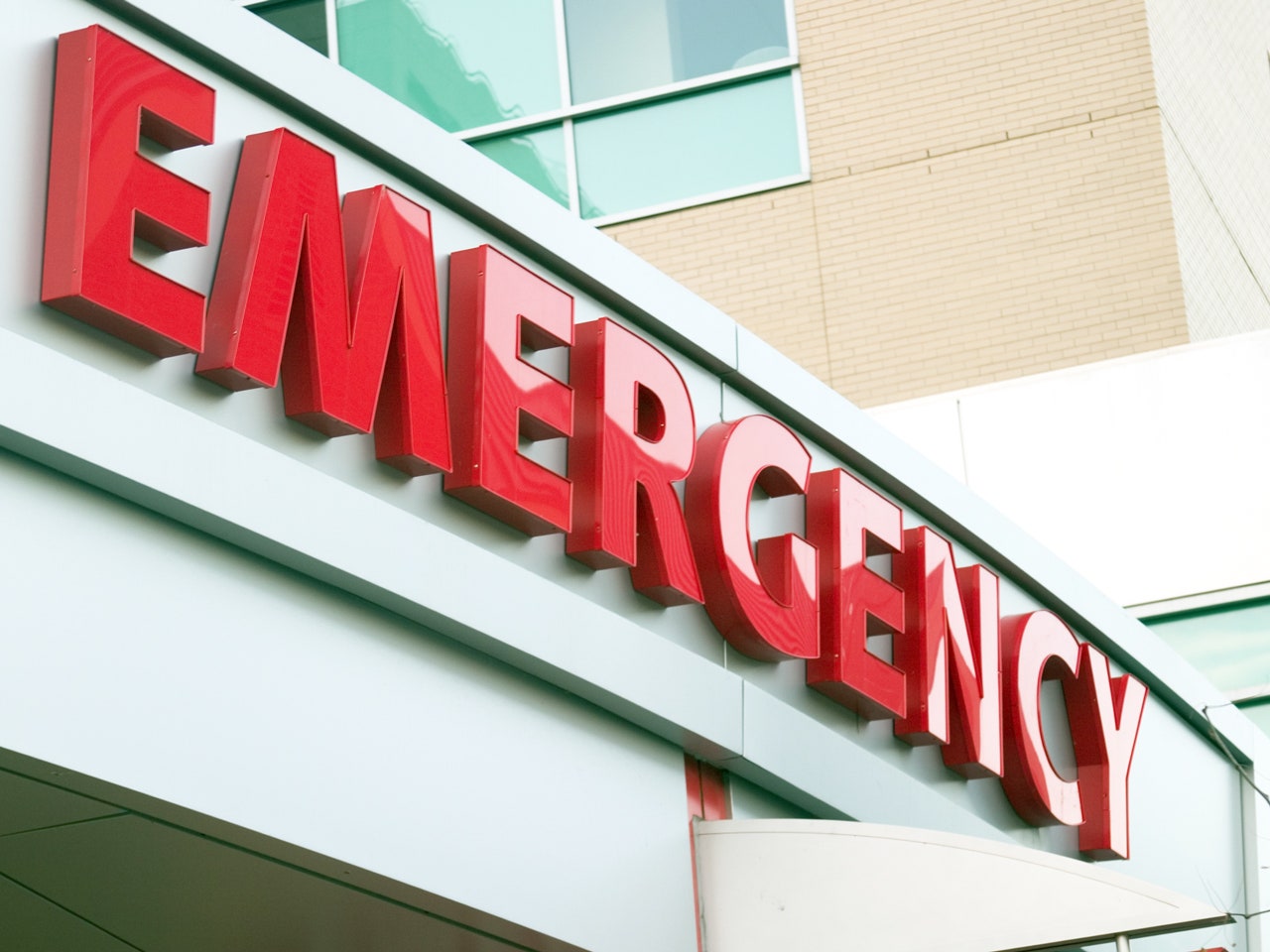Alcohol Poisoning: Symptoms, Causes, Treatment
What are the symptoms of alcohol poisoning?
Alcohol poisoning is a serious and potentially life-threatening condition that occurs when a person drinks a large amount of alcohol in a short period of time. The symptoms of alcohol poisoning can vary depending on the level of alcohol in the blood, but common signs and symptoms include:
- Confusion or stupor: The person may be disoriented, have trouble staying awake, or be unresponsive.
- Vomiting: This is common in cases of alcohol poisoning and can be dangerous if the person is not conscious or is lying on their back.
- Seizures: In severe cases, alcohol poisoning can lead to seizures.
- Slow or irregular breathing: Alcohol can depress the central nervous system, leading to slowed or irregular breathing.
- Hypothermia: Alcohol can lower body temperature, leading to hypothermia.
- Pale or blue-tinged skin: This can be a sign of poor circulation or low oxygen levels in the blood.
- Unconsciousness: In severe cases, the person may become unconscious and unable to be awakened.
If you suspect someone has alcohol poisoning, it’s important to seek medical help immediately. Alcohol poisoning can be life-threatening, and prompt medical attention by a healthcare provider is crucial.
What are the causes of alcohol poisoning?
Alcohol poisoning occurs when a person consumes a large amount of alcohol in a short period of time. This overwhelming amount of alcohol can disrupt the normal functions of the body and lead to dangerous consequences. Several factors can contribute to alcohol poisoning:
- Binge drinking: Consuming a large quantity of alcohol in a short period of time, such as during a drinking game or on a dare, can overwhelm the body’s ability to metabolize the alcohol.
- High blood alcohol concentration (BAC): The higher the BAC, the greater the risk of alcohol poisoning. BAC is affected by factors such as the amount of alcohol consumed, the rate of consumption, and individual factors like weight, metabolism, and tolerance to alcohol.
- Drinking on an empty stomach: Alcohol is absorbed more quickly into the bloodstream when consumed on an empty stomach, leading to a faster increase in BAC.
- Mixing alcohol with other substances: Combining alcohol with other drugs, especially those that depress the central nervous system like benzodiazepines or opioids, can increase the risk of alcohol poisoning.
- Age and tolerance: Young people and individuals with low tolerance to alcohol are more susceptible to alcohol poisoning.
- Chronic alcohol abuse: People who regularly consume large amounts of alcohol may have a higher tolerance but are still at risk for alcohol poisoning if they consume a significantly larger amount than usual.
It’s important to drink responsibly and be aware of the signs of alcohol poisoning to prevent serious harm. If you suspect someone has alcohol poisoning, seek medical help immediately.
What is the treatment for alcohol poisoning?
The treatment for alcohol poisoning focuses on supporting vital functions and preventing complications. It typically includes the following steps:
- Monitoring: Continuous monitoring of the person’s vital signs, such as heart rate, blood pressure, and temperature, to ensure they remain stable.
- Airway management: If the person is unconscious or having difficulty breathing, they may need assistance to maintain an open airway. In severe cases, intubation (placing a tube in the airway) may be necessary to support breathing.
- Fluid replacement: Intravenous (IV) fluids may be administered to help prevent dehydration and maintain electrolyte balance.
- Oxygen therapy: Supplemental oxygen may be provided to ensure the person is getting enough oxygen.
- Nutrition: If the person is able to tolerate oral intake, they may be given food and fluids to help restore nutrients and energy.
- Monitoring and treating complications: Alcohol poisoning can lead to complications such as hypoglycemia (low blood sugar), hypothermia, and seizures, which may need to be monitored and treated.
- Prevention of aspiration: If the person is vomiting, they should be placed in a recovery position to prevent choking on vomit.
- Medical observation: After initial treatment, the person may need to be observed in a medical facility until they are fully recovered and their vital signs are stable.
It’s important to seek medical help immediately if you suspect someone has alcohol poisoning. Alcohol poisoning can be life-threatening, and prompt medical intervention is crucial.
Alcohol Poisoning Summary
Alcohol poisoning, also known as alcohol overdose, is a serious and potentially life-threatening condition that occurs when there is so much alcohol in the bloodstream that areas of the brain controlling basic life-support functions (such as breathing, heart rate, and temperature control) begin to shut down.
Some key points about alcohol poisoning:
Causes:
- Binge drinking large quantities of alcohol in a short period of time
- Drinking games or competitive drinking
- Having an empty stomach when drinking
- Taking other drugs along with alcohol
Symptoms:
- Mental confusion, stupor, coma, inability to wake up
- Vomiting
- Seizures
- Slow or irregular breathing (under 8 breaths per minute)
- Bluish or pale, cold, clammy skin
- Low body temperature (hypothermia)
Risks:
- Choking on vomit
- Severely depressed breathing which can lead to brain damage or death
- Dehydration
- Accidental injuries from impaired judgment/coordination
Blood Alcohol Concentration (BAC) Levels:
A potentially life-threatening overdose usually occurs with BACs over 0.30-0.40%. For reference, the legal limit for driving is 0.08% in the U.S.
Treatment:
- Supportive care and monitoring in a hospital
- Administering oxygen and IV fluids
- Pumping the stomach (gastric lavage) in some cases
- There is no way to quickly sober up or “reverse” alcohol poisoning
Alcohol poisoning is a medical emergency that requires immediate treatment. The risk increases when binge drinking leads to a high BAC level in a short time frame, before the body can effectively metabolize the alcohol. Knowing the warning signs and calling 911 promptly can be life-saving.




